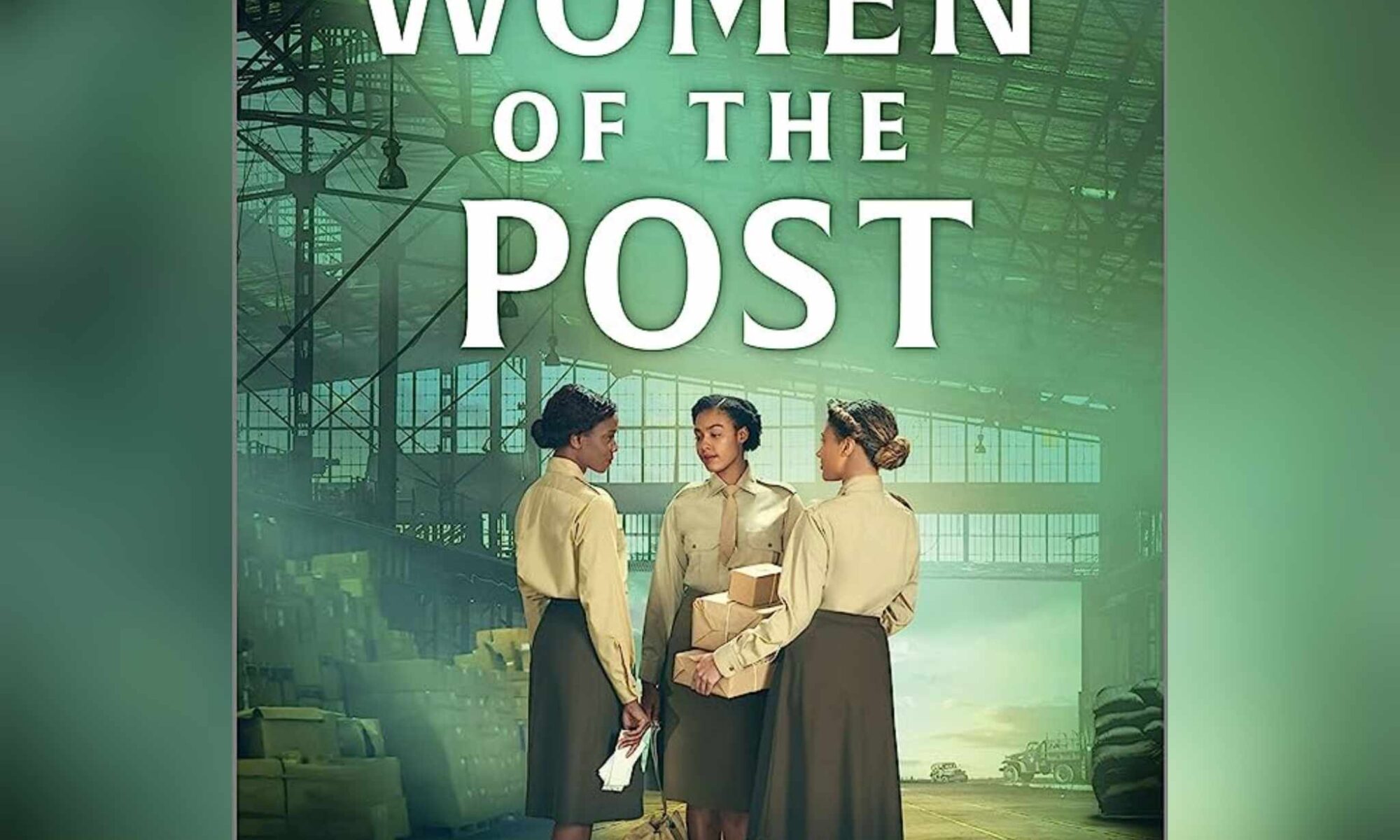Inverted Hillbilly Elegy. That really is the easiest way to have a general idea about this book. Take nearly everything about Hillbilly Elegy, invert it, and you have a pretty solid approximation of Grant’s thinking. Told as a native of the eastern/ southern side of Appalachia rather than the western/ northern side, this is a man who went to prestigious Southern schools (his dad was shot in the 2007 Virginia Tech shooting) rather than prestigious Northern schools (“the” Ohio State and Yale). Instead of going into the military as a way out of Appalachia, Grant had already left Appalachia long ago as a businessman and came back during COVID to work in a purely peaceful, yet also Constitutionally guaranteed, service – the United States Postal Service, with its own sworn oath remarkably similar to that of the military’s. Instead of “spreading Democracy” as a desk jockey PR flack in Baghdad, Grant was the first person outside their homes and families that many people in his rural area of Virginia saw during the global shutdowns of COVID, spreading hope person to person in a manner somewhat reminiscent of the titular Postman of both David Brin’s original book and Kevin Costner’s movie (neither of which Grant ever mentions, to be clear). Instead of learning to fire a rifle from ROTC, Grant learned from his family and friends – including his avid fly fisherman dad. Instead of never really needing one in the safe zones of Baghdad (as Vance himself noted, to be clear), Grant speaks of the necessity of his John Browning designed 1911 pistol in the hinterlands of Appalachia – even against explicit USPS policy, as Grant notes more than once. Instead of the dangers of a broken family, Grant’s dangers come from both his own mind and the natural world around him, including an incident with a hornet nest as well as the burning and freezing of working out of a largely uninsulated metal box.
Now, Grant doesn’t seem to have any ambition for public office – even when Hillbilly Elegy came out, Vance was already running for US Senate – and that is truly one key distinction here. And yet, there are so many other similarities that the dichotomies really do speak to how you, the reader of my review of this book, can begin to get an idea of the overall nature of the book and whether you might be interested in reading it.
In all honesty, this is absolutely one I would recommend for anyone even remotely interested in learning about the lives of a “normal” (if any of us really are) American in a job most of us will never have, but who came to that job during a period where most all of us experienced massive upheaval. (To be clear, I was atypical during that period – the *only* difference in my job was that suddenly I was doing it from my home rather than driving across town to a cubicle I largely hated being in anyway. At the time I was working for a Fortune 50 global bank, and had been for a couple of years already. I wouldn’t leave there until long after the world had regained most normality, such as it had by the mid 2020s at least.)
Now, you may be asking me, “Jeff, why didn’t you deduct a star for relying on COVID so much? You literally did that in your very last review for a book set in that exact same year.” Which is a fair question, because I did do that and I do maintain that I largely don’t want to read anything about that year at all. But it is also a *nonfiction* and specifically *memoir* based look at that year (which also spared it the star deduction for lack of bibliography, as this was purely memoir), and it was clear from the description – that mentions Grant losing his job in March 2020 specifically and becoming a mail carrier after that point – that this book would be covering that period in some manner. Thus, I can’t exactly deduct a star for a real life look at that period that I was explicitly told up front was exactly that.
Overall a truly solid work perhaps more in the vein of the relatively unknown One Bullet Away by Nathaniel Frick (which told of a Dartmouth graduate’s experience as a Marine officer who was among the first “boots on the ground” in both Afghanistan and Iraq in the post 9/11 era) than Hillbilly Elegy, yet also with the direct contrasts between itself and Hillbilly. In other words, compelling, interesting, and…
Very Much Recommended.
This review of Mailman by Steven Starring Grant was originally written on July 14, 2025.


